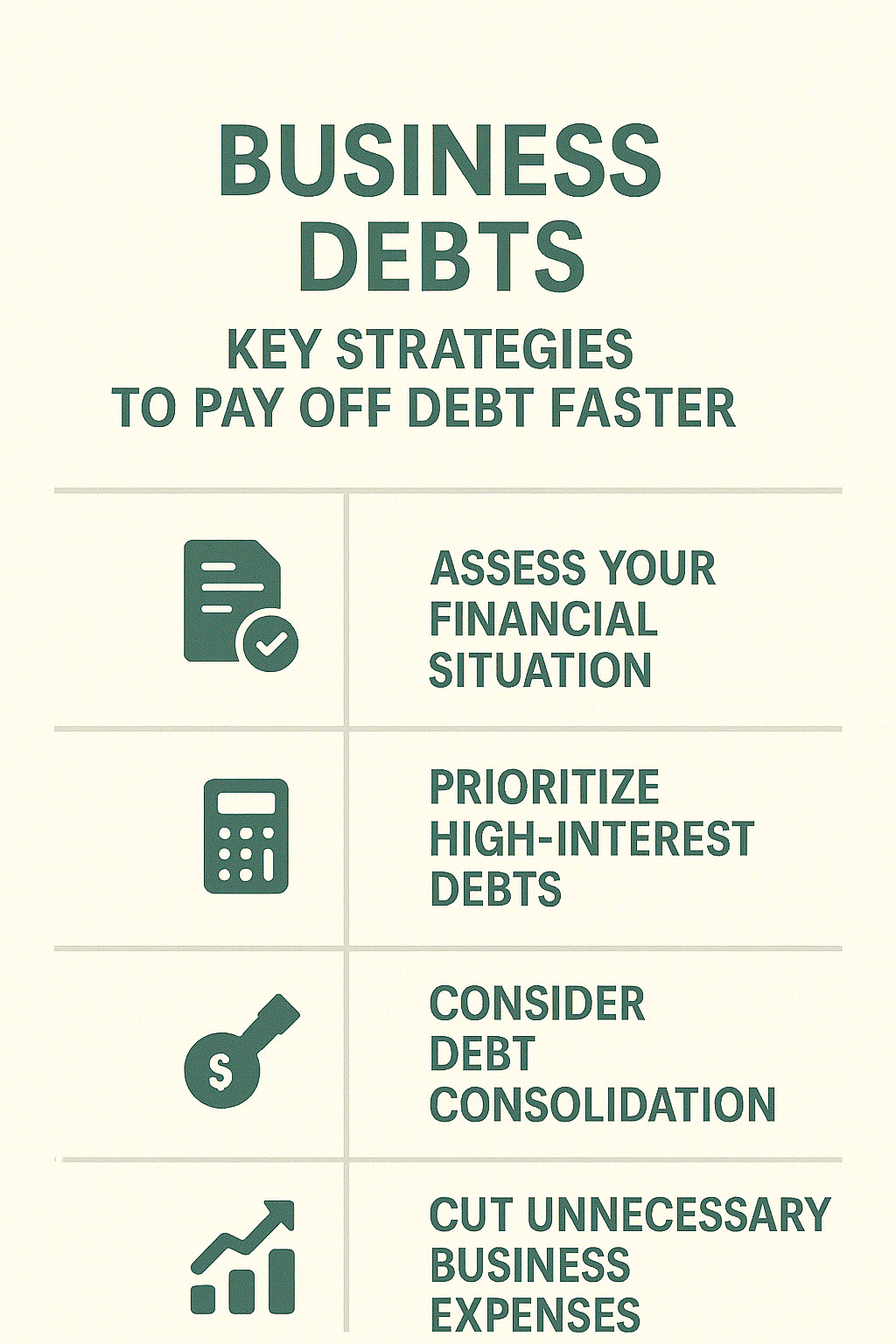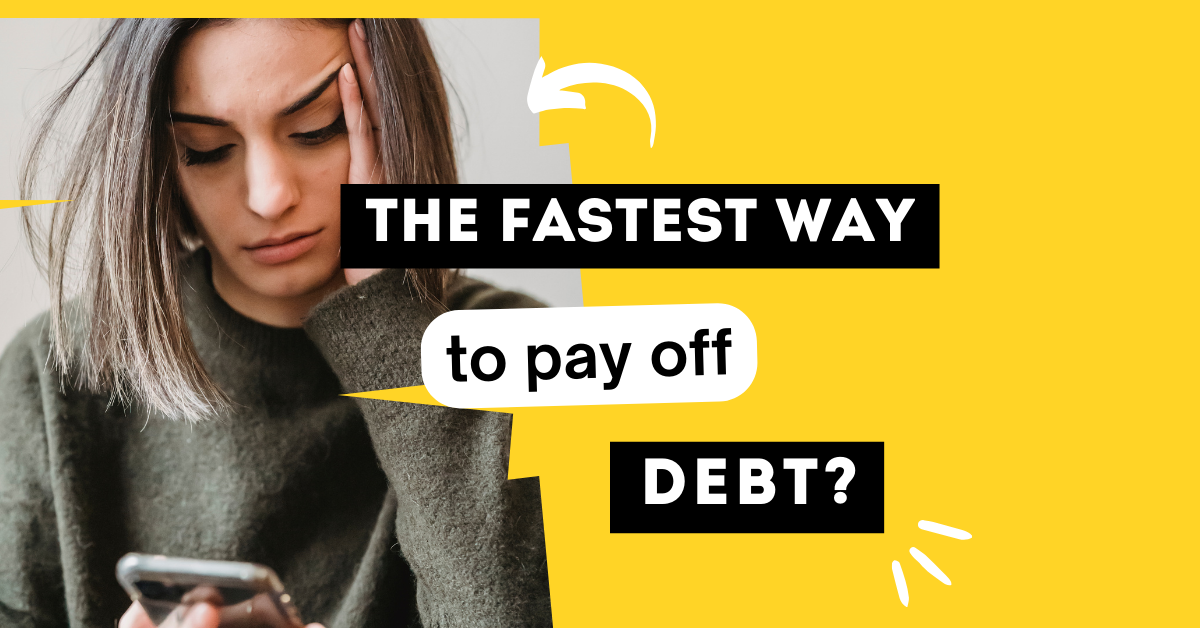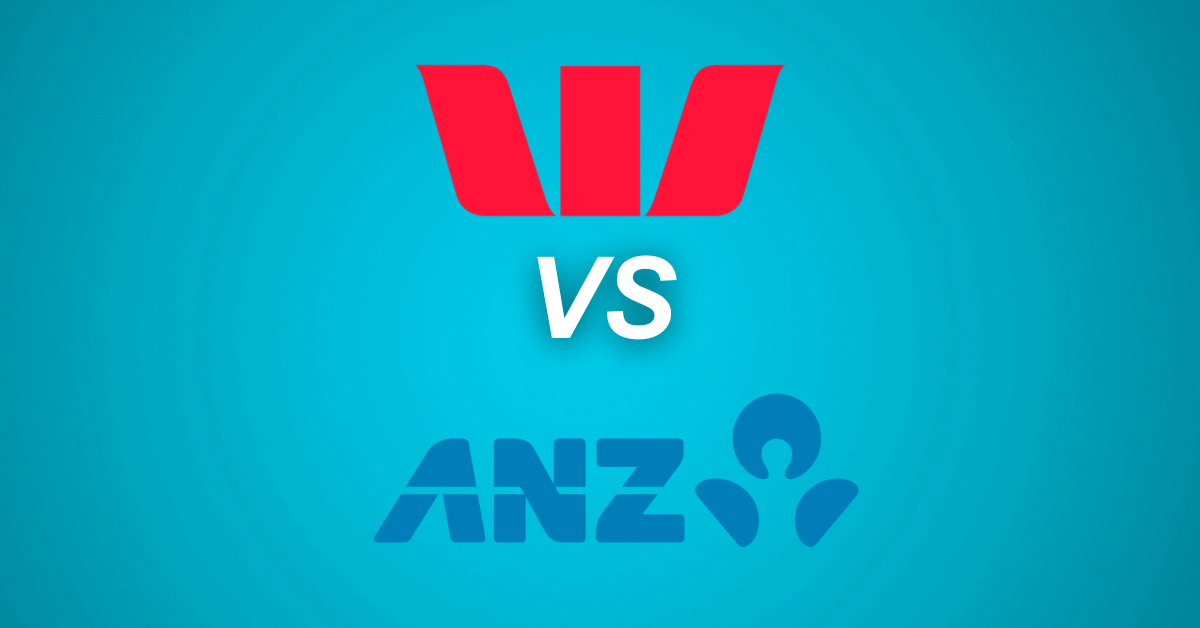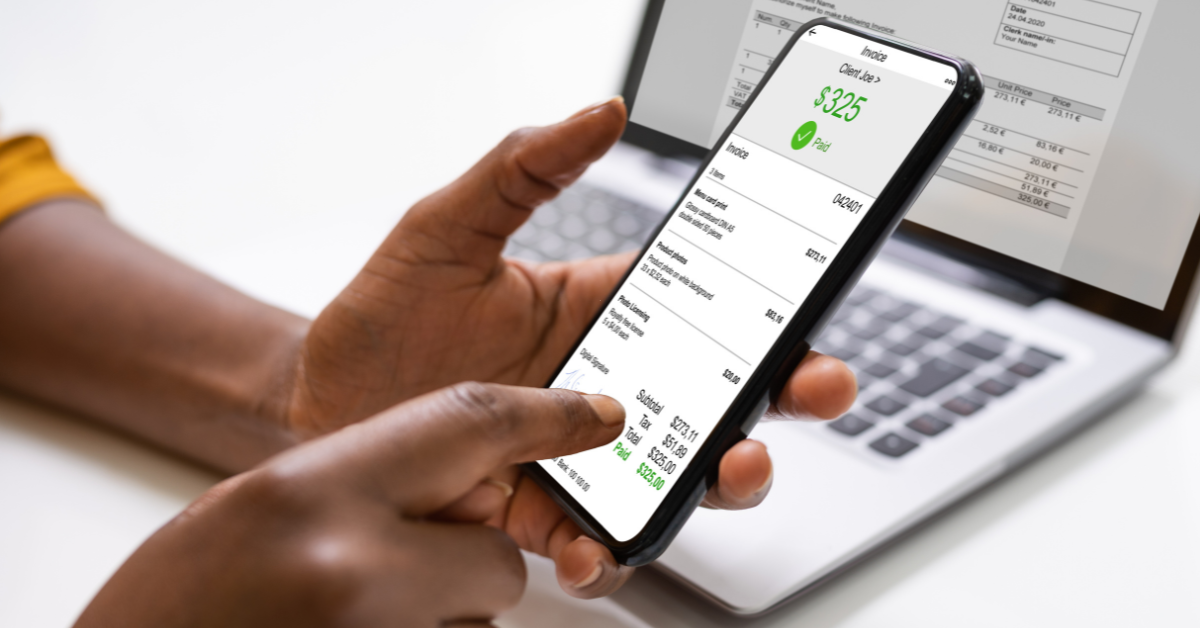Managing business debt is crucial to running a healthy and sustainable enterprise. While taking on debt can be a necessary step for growth, lingering obligations can strain cash flow, limit options, and increase financial stress.
The good news? A proactive strategy can accelerate debt repayment and strengthen your financial position.
This guide explores the most effective ways to pay off business debts faster to reclaim control and reinvest in your future.
Prioritize High-Interest Debts First
Not all debts are created equal. Some, especially those with high interest rates, cost your business more over time. By identifying and prioritizing these obligations, you can save significant money and pay off debt faster.
How to Do It:
-
List all outstanding debts, including balances, interest rates, and due dates
-
Focus on making minimum payments across all accounts
-
Allocate any extra funds to the debt with the highest interest rate (the avalanche method)
Alternatively, you can use the snowball method to pay off the smallest balance first to gain momentum and motivation. Choose the approach that best fits your psychology and financial situation.
Create a Clear and Actionable Repayment Plan
A well-structured debt repayment plan turns intention into action. It helps you stay on track, monitor progress, and adjust as needed.
Your Plan Should Include:
-
Total debt amount and individual loan details
-
Target repayment timeline
-
Monthly repayment goals
-
Strategy (avalanche vs. snowball)
-
Regular checkpoints to assess progress
Consider using budgeting or debt-tracking software to simplify this process and automate reminders.
Boost Business Income to Accelerate Payments
One of the most effective ways to pay off debt faster is to increase your income and direct the surplus toward repayments. This not only reduces your debt burden quicker but also improves your creditworthiness.
Income-Boosting Ideas:
-
Take on new projects or clients
-
Launch a new product or service
-
Upsell or cross-sell to existing customers
-
Rent out unused space or equipment
-
Sell off underutilized or obsolete assets
Pro Tip: Apply all new income streams directly to debt repayment instead of increasing business expenses.
Cut Non-Essential Expenses
Reducing operating costs is another way to free up cash for debt repayment. Even small monthly savings can compound into significant gains when redirected toward your financial obligations.
Cost-Cutting Measures:
-
Renegotiate supplier contracts
-
Switch to more affordable software or services
-
Eliminate unnecessary subscriptions
-
Reduce energy consumption or utility bills
-
Delay non-critical upgrades or purchases
Regularly audit your expenses to identify waste and opportunities for efficiency.

Consider Debt Consolidation
Debt consolidation involves combining multiple debts into a single loan, ideally with a lower interest rate and simplified repayment structure. This approach can reduce the total interest paid and streamline cash flow management.
Benefits:
-
Lower overall interest rates (in some cases)
-
Single monthly payment instead of many
-
Extended repayment terms (optional)
Caution:
-
Watch for hidden fees, early repayment penalties, or higher long-term costs.
-
Only consolidate if it improves your repayment terms, not just convenience
Consult a finance professional to evaluate whether consolidation is right for your business.
Negotiate Better Terms with Creditors
Don’t assume your creditors won’t budge. Many lenders are open to negotiating repayment terms, mainly if you communicate early and fully commit to repaying your debt.
What You Can Negotiate:
-
Lower interest rates
-
Temporary payment reductions
-
Waived fees or penalties
-
Longer repayment terms
Approach these conversations professionally and provide a clear plan demonstrating how you intend to repay what you owe.
Stay Organized and Monitor Progress
Staying organized is key to long-term success. Tracking due dates, payment amounts, and balances helps prevent missed payments and builds financial confidence.
Tools That Help:
-
Cloud-based accounting software (e.g., Xero)
-
Spreadsheets tailored to debt tracking
-
Calendar reminders or finance apps
-
Monthly check-ins on your progress
Celebrate small wins along the way to stay motivated and focused.
Get Professional Help if Needed
If debt feels overwhelming or you’re unsure how to proceed, consider working with a financial advisor or business debt counselor. These professionals can provide a tailored action plan, renegotiate on your behalf, or help restructure your obligations strategically.
When to Seek Help:
-
You’re struggling to make minimum payments
-
You have multiple creditors and mounting interest
-
You’re unsure whether consolidation is the right move
-
You want an expert’s perspective on improving cash flow
Final Thoughts: Take Control of Your Business Debt
Paying off business debt quickly is a smart move that pays off in multiple ways: reduced stress, improved credit, and more available capital for reinvestment or expansion. By following these strategies—prioritizing wisely, increasing income, cutting costs, and staying organized—you can create a clear path to financial freedom.
Remember: The key is consistency. Even small changes, when applied over time, can have a powerful impact on your financial future.




